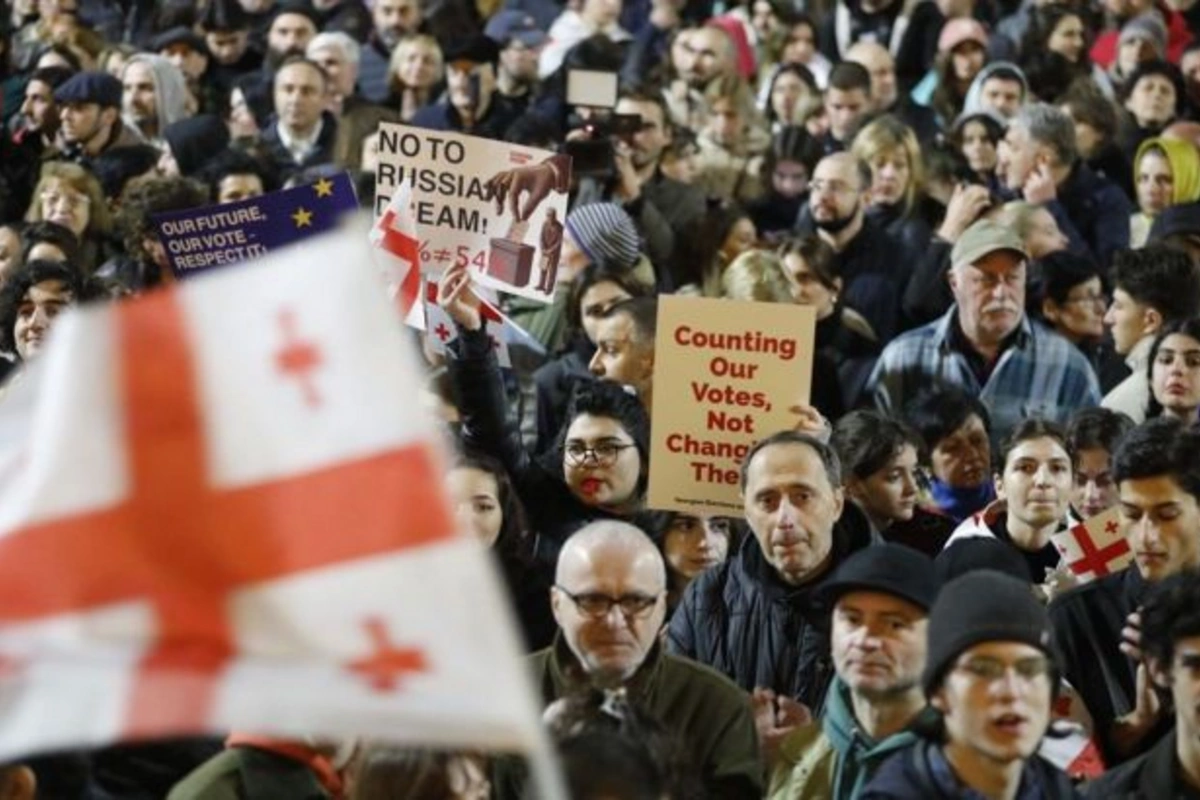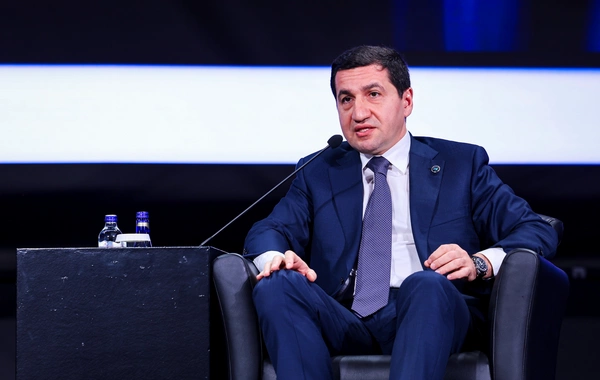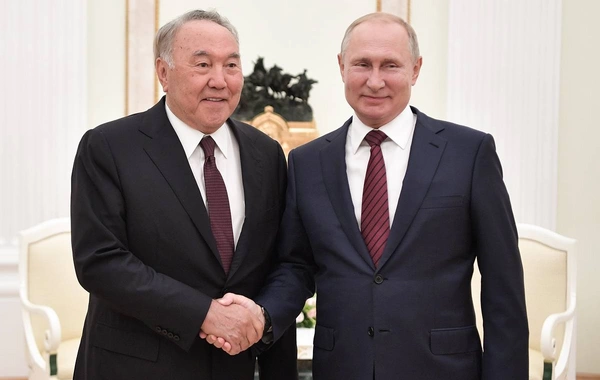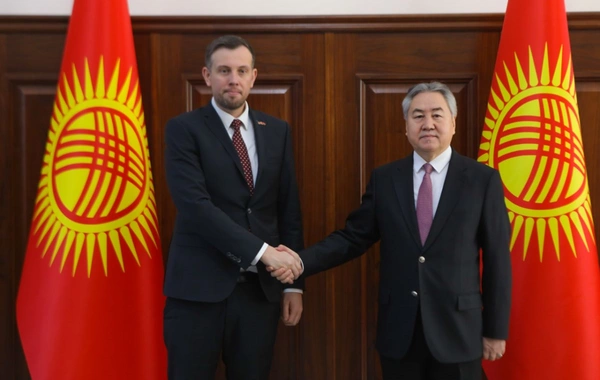
The scale of the irregularities is underscored by the reports from over 500 international monitors and 300 national groups, who documented numerous instances of electoral misconduct.
In Georgia, political tensions are at an all-time high following recent elections that have sparked a significant backlash. Observers, both international and local, have voiced concerns about alleged irregularities, accusing the ruling party of undemocratic practices and potential vote manipulation. In response, opposition groups have mobilized, setting up coordination centers, organizing mass protests, and calling for a fresh round of elections under strict international scrutiny. The situation has also drawn the attention of the European Union and the United States, with leaders urging an international investigation to assess the election's legitimacy.
While the Georgian government continues to emphasize its commitment to European integration, its recent actions seem to suggest otherwise. Despite assurances of a pro-European path, the European Union's Council of Foreign Ministers has put a hold on further integration talks, with visa-free travel privileges for Georgian citizens possibly on the line. This potential suspension, likely to be discussed at the upcoming EU summit on November 18, is viewed as a response to election controversies marked by a lack of transparency and competitive fairness.
The scale of the irregularities is underscored by the reports from over 500 international monitors and 300 national groups, who documented numerous instances of electoral misconduct. This year alone, approximately 1,200 complaints were lodged with Georgia’s Central Election Commission, a dramatic rise from the usual 200, illustrating the pervasiveness of issues in this election cycle.
In defiance, Georgia's opposition has joined forces to establish a unified coordination headquarters, vowing to challenge the election’s legitimacy. A large protest is planned for November 4, where the opposition, led by four major parties, will voice their rejection of the current ruling party, Georgian Dream, and demand new elections under international observation. As the opposition escalates its call for transparency, the country seems to be edging toward a political deadlock.
After November 4, the situation is expected to intensify, with opposition forces ready to initiate widespread civil disobedience. In recent weeks, opposition groups and NGOs have compiled substantial evidence of electoral violations, submitting their findings to international entities, including European representatives and human rights organizations. Reports also indicate that U.S. President Joe Biden has supported the notion of an international investigation into potential Kremlin interference in Georgia’s electoral process, further complicating the situation amid heightened regional tensions.
Legal concerns also loom large. Recently, Georgia’s General Prosecutor's Office summoned the president for questioning, a move criticized as politically motivated and a breach of legal norms. Opposition leader Nika Melia has called this an attempted coup, fueling the already charged atmosphere.
In collaboration with international organizations, Georgian opposition members are working to raise awareness of these electoral concerns. Evidence of alleged manipulation has been sent to the European Parliament and other international bodies. President Biden’s expressed support for an investigation into possible Kremlin interference has added a layer of complexity to Georgia’s political crisis, drawing increased international attention.
Despite the government’s outward assurances, their actions hint at a desire to curtail European influence in the region. With European leaders expressing disappointment over Georgia’s current trajectory, the once-promising partnership between the EU and Georgia now appears strained. This shift could jeopardize Georgia’s relationship with its Western allies, including the U.S., which has been a key supporter in its reform efforts.
As Georgia’s political crisis unfolds, the path forward remains uncertain. Without meaningful concessions from the government, the crisis may deepen. However, the opposition remains steadfast, and the international community is closely monitoring the developments, advocating for fair investigations and transparent elections.
Share on social media





The scale of the irregularities is underscored by the reports from over 500 international monitors and 300 national groups, who documented numerous instances of electoral misconduct.